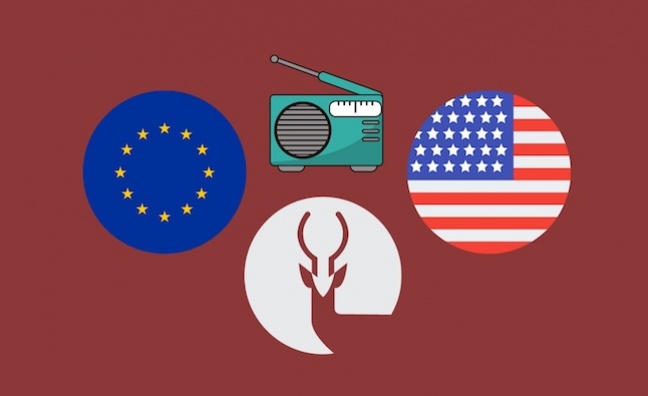IMPALA has renewed its call for the EU to act on the anomaly that’s emerged over public performance and broadcast income.
In 2021, the European court decision in Case C-265/19 regarding RAAP and PPI, two Irish music collecting societies, exposed a significant issue in the EU’s 2006 Rental Directive. As a result, the principle of reciprocity has essentially been suspended.
Many EU states rely on this to apply national treatment with third countries only when European performers and producers enjoy the same rights in those countries.
The legal anomaly concerns the US in particular, as the only significant music market in the world that does not remunerate artists and labels when their music is played in cafes and bars or on terrestrial radio. IMPALA supports the current campaign by US rights-holders for a terrestrial radio right.
Two and half years on from the legal case, IMPALA is warning that it will have a massive impact on the livelihoods of thousands of European music artists and independent music businesses.
Helen Smith, IMPALA’s executive chair, said: ”A devastating transfer of over €125 million every year out of Europe is on the horizon. We have been calling on the European Commission to address this since the ruling came out in September 2020, but despite some initial positive signs last year the silence in recent months has been deafening.”
We are sleep-walking our way into a financial and cultural disaster
Helen Smith
The biggest impact will be on those that rely most heavily on performance and broadcast income to make a living and run their businesses, including European music performers and micro, small and medium sized record labels. That could result in a substantial decrease in investment in local music and artists.
The European Commission is aware of the problem and has been consulting and studying the impact of the RAAP decision.
IMPALA wants the Commission to confirm the principle of reciprocity across the EU, while also accommodating member states with a different approach (paying third party countries under the national treatment principle, without reciprocity in return).
Helen Smith added: “Europe uses harmonisation with carve-outs in many areas, let’s see it here. It’s a perfectly proportionate response to what is a huge anomaly. More delay - or worse, inaction - is not a solution. The current situation simply creates uncertainty for everyone: artists, record labels, collection societies, venue operators, broadcasters, shops and ultimately of course, music fans and diversity.
“Let’s make no mistake, inaction is not neutral. It is equivalent to an active policy decision to let an anomaly become law, adopting the principle of national treatment with no legislative process and despite the court making it clear that the EU can fix this. We are sleep-walking our way into a financial and cultural disaster for the thousands of small European music companies and their artists who account for 80% of all new releases in Europe today.”

 FOLLOW
FOLLOW 







